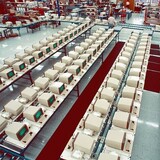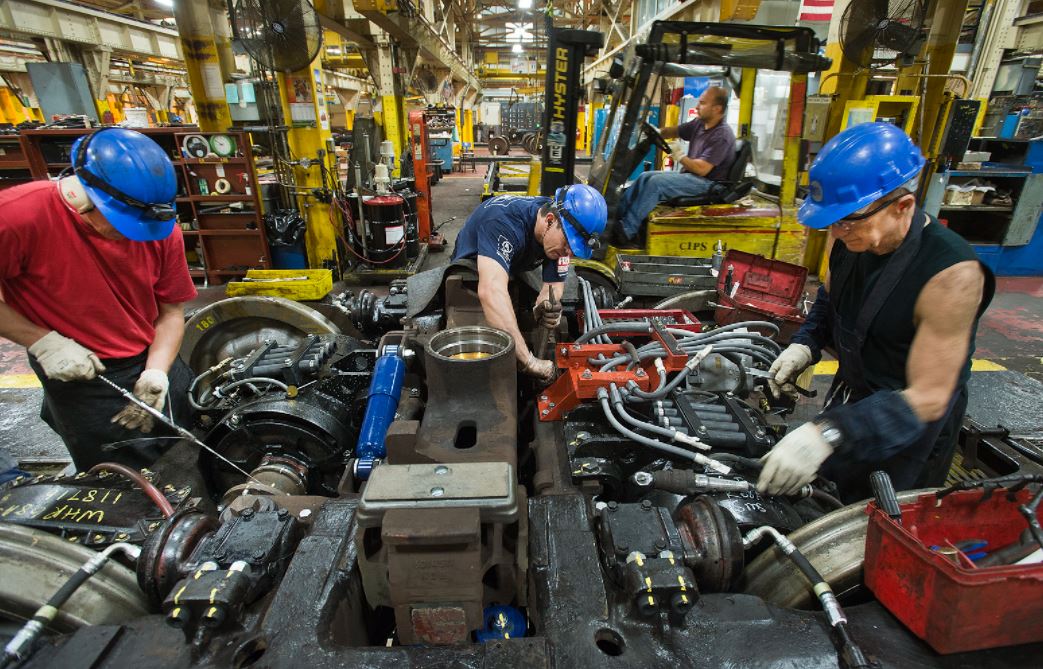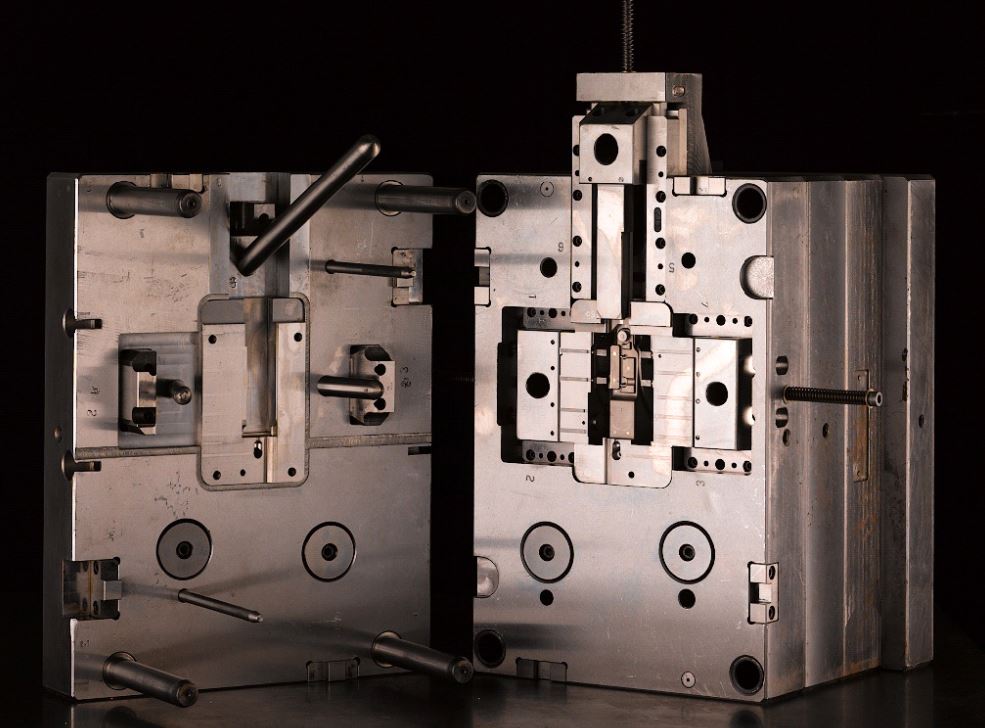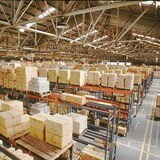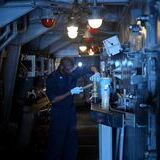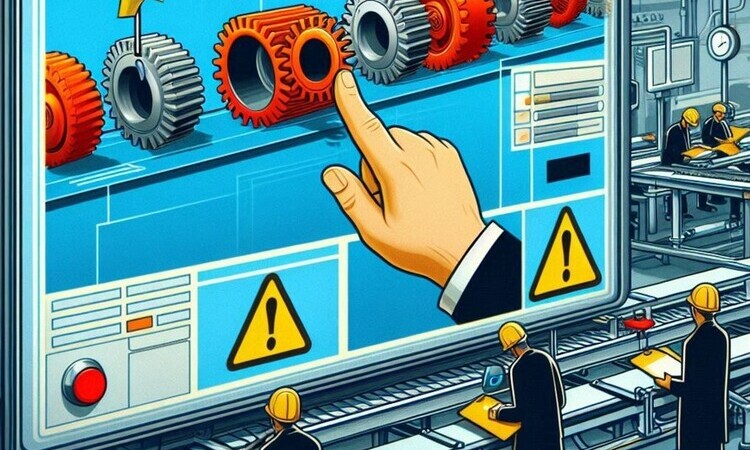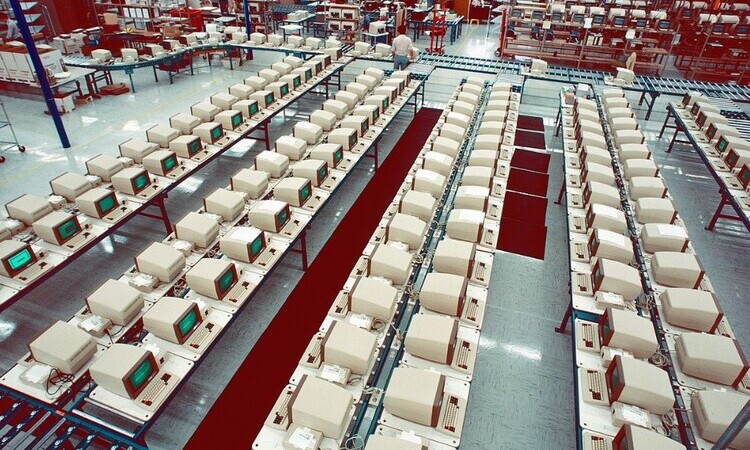Introduction to Maintenance Operations
As an introduction we could define maintenance in an industrial environment as all that activities that are necessary to maintain or repair the machines or functional units and ensure that they continue meeting the function for which they were acquired.
What benefits does it have a correct maintenance management?
Having a correct maintenance management in your production plant has great benefits:
- Increase the equipment uptime contributing directly to an improvement in OEE: All the production stops or micro-stops not planified due to small breakdowns affect to "Uptime" in the functional unit in which the machine is working, so a correct preventive maintenance will contribute in a great manner to reduce all that production stops improving the uptime just mentioned. This better uptime will suppose less overtime hours to meet the customer demand.
- Improvement of productivity and "lead time": strongly associated with above point, less production stops will mean less time the material is stopped waiting to be processed, meaning a decrease in the production "lead time" which is the objective of every company which looks for the excellence.
- Better safety in the production equipment: the fact of having an adequate preventive maintenance planning will avoid every possible accident in the machines caused by component wearing which could affect to the safety of the operators.
- Fast recovery of breakdowns: Having a correct management of spare parts as well as an adequate organization of maintenance human resources will allow us to recover each production stop non planified in the shortest timeframe possible.
What are the different types of maintenance?
We have three main types of maintenance:
- Corrective maintenance: It is one which it's executed in the moment in which a breakdown happens. The objective in this case will be to solve the failures as soon as possible, so that it affects the less time possible to the "uptime" of the machine affected.
- Preventive maintenance: In this case the actions related to maintenance are executed with a frequency previously stablished (for example in a weekly manner) or according to a criteria stablished (for example number of cycles in an injection moulding machine).
- Condition-based maintenance: This kind of maintenance is based in the real time monitoring of the main parameters of a functional unit (for example vibration and fluid analysis, thermographic camera). This variant of maintenance states that the maintenance will only be done when the parameters chosen show signs of performance decrease or inminent breakdown.
Should maintenance work independtly from production?
The answer here is a clear NO. Production and maintenance will always be linked and in the moment of planning the production, it will need to take into account maintenance activities and vice versa.
A fast communication method will need to be established between maintenance and production so that it's ensured that the corrective actions are taken in an effective way in the production means.
What is the scope of maintenance?
Maintenance organization of a manufacturing company will need to be able to act in the following areas:
- Production means: this is, all the production equipment that add direct value to the products manufactured, for example, injection moulding machines and moulds, stamping machines and tools, welding robots, etcetera.
- Handling devices: such us conveyors or mechanical manipulators that support production.
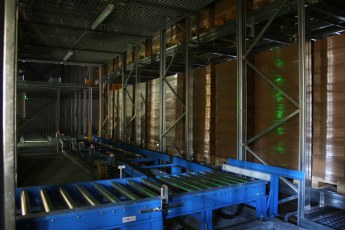
- Buildings: all that subjects related to plumbing, electricity and brickwork in the factory.
- Fluids: all that it's related to hydraulics and pneumatics.
- Forklifts: maintenance resources will need to plan the preventive maintenance and execute the corrective one for the forklifts that move the material in the plant.
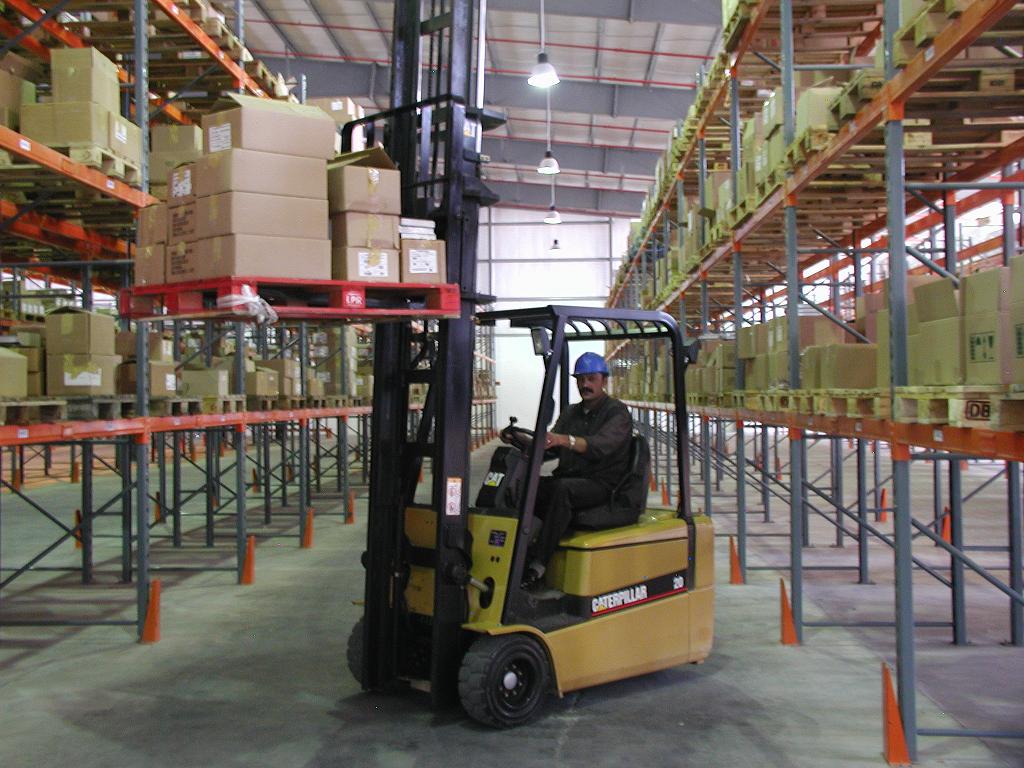
- Storage silos: for example for the ones that are being used to store raw material for plastics.
What resources should have maintenance department?
Maintenance department should have human resources in each production shift and also during weekends to be able to implement the preventive maintenance. They should have training in:
- Electricity
- Electronics and automation
- Pneumatics
- Hydraulics
- Mechanics
- Programming
- Other equally significant areas of activity depending on the business
It's important to take into account that, to be the most "lean" possible, operator also should be able to perform some easy tasks related to maintenance, what is known as level 1 maintenance inside the TPM (Total Productive Maintenance - it will be explained in a separate post). The usual mindset existing in most of the factories of "I drive the machine, you repair it" needs to be changed to "We all care about our machines and equipment".


